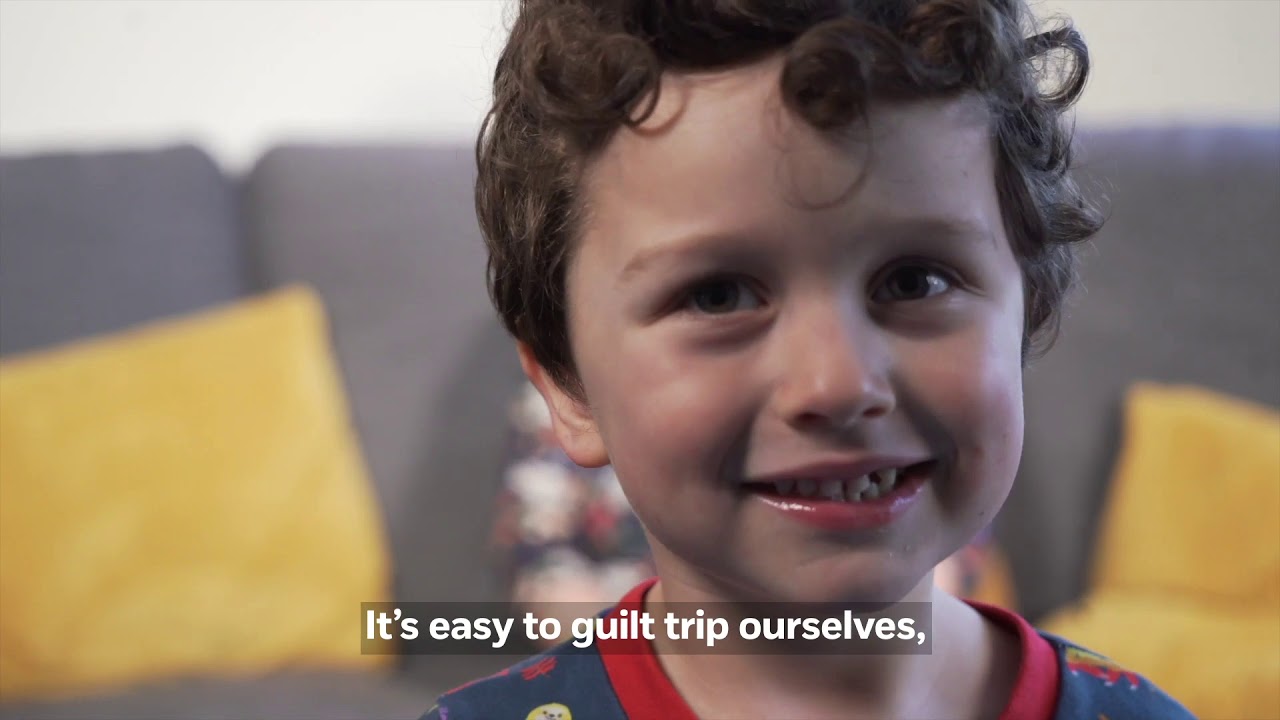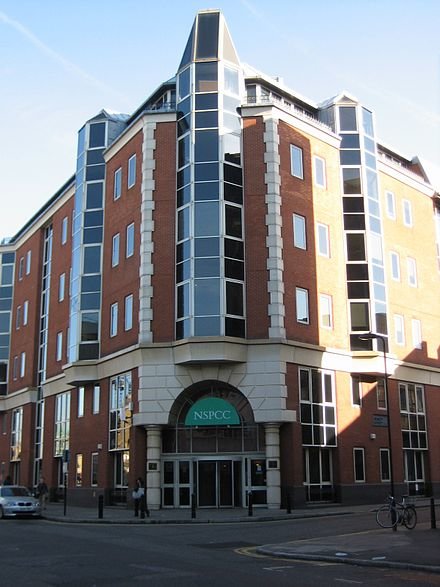British Heritage
Remember, Cherish, Learn.
beta
National Society for the Prevention of Cruelty to Children
A Lasting Legacy of Child Protection in British Heritage.
The National Society for the Prevention of Cruelty to Children (NSPCC), founded in the Victorian era, is a deeply ingrained institution in British heritage. This society, initially inspired by a parallel American organization, embarked on a mission to protect children from abuse and neglect. Over the years, the NSPCC has made an indelible contribution to British society, representing a paradigm shift in societal attitudes towards child protection and safeguarding. The historical journey of the NSPCC mirrors the evolution of child protection policies in Britain, and it remains a pivotal force in the country's ongoing commitment to children's rights and welfare.
The roots of the NSPCC can be traced back to the late 19th century when a businessman named Thomas Agnew, inspired by the New York Society for the Prevention of Cruelty to Children, established the Liverpool Society for the Prevention of Cruelty to Children (LSPCC) in 1883. This pioneer initiative rapidly spawned similar societies throughout the United Kingdom, culminating in the formation of the London Society for the Prevention of Cruelty to Children (London SPCC) in 1884.
The co-founders of the London SPCC, including prominent figures like Anthony Ashley-Cooper and Angela Burdett-Coutts, played a pivotal role in its early development. In 1889, Queen Victoria conferred royal patronage on the society, which had by then expanded its reach across Great Britain and Ireland, necessitating a change in its name to the National Society for the Prevention of Cruelty to Children.
One of the NSPCC's most significant early accomplishments was its instrumental role in advocating for the UK's first law protecting children from abuse and neglect, enacted by Parliament in 1889. This was a landmark moment in British legislative history, underscoring the urgent need for a legal framework to safeguard children's rights and welfare.
The NSPCC's unwavering dedication to child protection was further recognised in 1895 when Queen Victoria granted it a Royal Charter. Despite this honour, the society retained its original title, thereby distinguishing itself from the Royal Society for the Prevention of Cruelty to Animals (RSPCA), which had been established more than half a century earlier.
The turn of the 20th century marked an expansion of the NSPCC's role and reach, with the organization enjoying royal patronage through successive reigns. The society navigated the tumultuous times of the two World Wars, ensuring continuity in its services and maintaining its steadfast commitment to child protection.
During the Second World War, the NSPCC extended support to over 600,000 children, providing a safety net in a period of unprecedented crisis. Despite wartime challenges, the NSPCC's inspectors continued their work, reinforcing the organization's reputation for resilience and dedication.
In 1983, amid a struggle for public support and government funds, the NSPCC launched a centenary appeal to establish 60 child protection teams across the country. The campaign, characterized by a powerful poster featuring images of abused children, underscored the persistent issue of child abuse and the pressing need for proactive measures.
Despite its significant accomplishments, the NSPCC has navigated a fair share of controversies. In the 1990s, it faced criticism over allegations of Satanic ritual abuse, and it was accused of fuelling panic among social workers, leading to false accusations. A notorious case in Rochdale in 1990 involving accusations of satanic abuse was later found to be baseless.
Further, in 1999, an NSPCC advert warning of the risk of children being murdered by strangers sparked criticism for fear-mongering. In more recent years, the society was fined by the Information Commissioner's Office for misusing donors' personal data, highlighting the importance of stringent data protection measures.
Today, the NSPCC's work continues across England, Wales, Northern Ireland, Scotland, and the Channel Islands. Its services extend beyond its traditional helpline, offering online counselling to children and young people, and providing training to organizations in contact with children.
In 2016, the NSPCC announced a strategy dedicated to the prevention of child sexual abuse. To further these efforts, the NSPCC launched the 'Impact and Evidence' Hub, promoting the accessibility of its research and helping to inform the design of child protection policies and practices.
The NSPCC's remarkable legacy is ingrained in its continual efforts to evolve and adapt to the changing needs of society. From its inception in the late 19th century to its present-day activities, the NSPCC has remained steadfast in its commitment to the protection of children.
Despite facing various challenges, the NSPCC has continually reshaped its strategies to address emerging issues in child protection. The society's influence on British child protection laws and its dedication to child welfare reflect its indelible impact on British heritage, thereby reinforcing its status as a beacon of hope for vulnerable children across the UK.
Foundation and Early Years
The roots of the NSPCC can be traced back to the late 19th century when a businessman named Thomas Agnew, inspired by the New York Society for the Prevention of Cruelty to Children, established the Liverpool Society for the Prevention of Cruelty to Children (LSPCC) in 1883. This pioneer initiative rapidly spawned similar societies throughout the United Kingdom, culminating in the formation of the London Society for the Prevention of Cruelty to Children (London SPCC) in 1884.
The co-founders of the London SPCC, including prominent figures like Anthony Ashley-Cooper and Angela Burdett-Coutts, played a pivotal role in its early development. In 1889, Queen Victoria conferred royal patronage on the society, which had by then expanded its reach across Great Britain and Ireland, necessitating a change in its name to the National Society for the Prevention of Cruelty to Children.
Shaping Child Protection Policies
One of the NSPCC's most significant early accomplishments was its instrumental role in advocating for the UK's first law protecting children from abuse and neglect, enacted by Parliament in 1889. This was a landmark moment in British legislative history, underscoring the urgent need for a legal framework to safeguard children's rights and welfare.
The NSPCC's unwavering dedication to child protection was further recognised in 1895 when Queen Victoria granted it a Royal Charter. Despite this honour, the society retained its original title, thereby distinguishing itself from the Royal Society for the Prevention of Cruelty to Animals (RSPCA), which had been established more than half a century earlier.
Contributions Through the 20th Century
The turn of the 20th century marked an expansion of the NSPCC's role and reach, with the organization enjoying royal patronage through successive reigns. The society navigated the tumultuous times of the two World Wars, ensuring continuity in its services and maintaining its steadfast commitment to child protection.
During the Second World War, the NSPCC extended support to over 600,000 children, providing a safety net in a period of unprecedented crisis. Despite wartime challenges, the NSPCC's inspectors continued their work, reinforcing the organization's reputation for resilience and dedication.
In 1983, amid a struggle for public support and government funds, the NSPCC launched a centenary appeal to establish 60 child protection teams across the country. The campaign, characterized by a powerful poster featuring images of abused children, underscored the persistent issue of child abuse and the pressing need for proactive measures.
Challenges and Controversies
Despite its significant accomplishments, the NSPCC has navigated a fair share of controversies. In the 1990s, it faced criticism over allegations of Satanic ritual abuse, and it was accused of fuelling panic among social workers, leading to false accusations. A notorious case in Rochdale in 1990 involving accusations of satanic abuse was later found to be baseless.
Further, in 1999, an NSPCC advert warning of the risk of children being murdered by strangers sparked criticism for fear-mongering. In more recent years, the society was fined by the Information Commissioner's Office for misusing donors' personal data, highlighting the importance of stringent data protection measures.
Present-Day Impact and Activities
Today, the NSPCC's work continues across England, Wales, Northern Ireland, Scotland, and the Channel Islands. Its services extend beyond its traditional helpline, offering online counselling to children and young people, and providing training to organizations in contact with children.
In 2016, the NSPCC announced a strategy dedicated to the prevention of child sexual abuse. To further these efforts, the NSPCC launched the 'Impact and Evidence' Hub, promoting the accessibility of its research and helping to inform the design of child protection policies and practices.
The Legacy of the NSPCC
The NSPCC's remarkable legacy is ingrained in its continual efforts to evolve and adapt to the changing needs of society. From its inception in the late 19th century to its present-day activities, the NSPCC has remained steadfast in its commitment to the protection of children.
Despite facing various challenges, the NSPCC has continually reshaped its strategies to address emerging issues in child protection. The society's influence on British child protection laws and its dedication to child welfare reflect its indelible impact on British heritage, thereby reinforcing its status as a beacon of hope for vulnerable children across the UK.
- National Society for the Prevention of Cruelty to Childrenen.wikipedia.org







